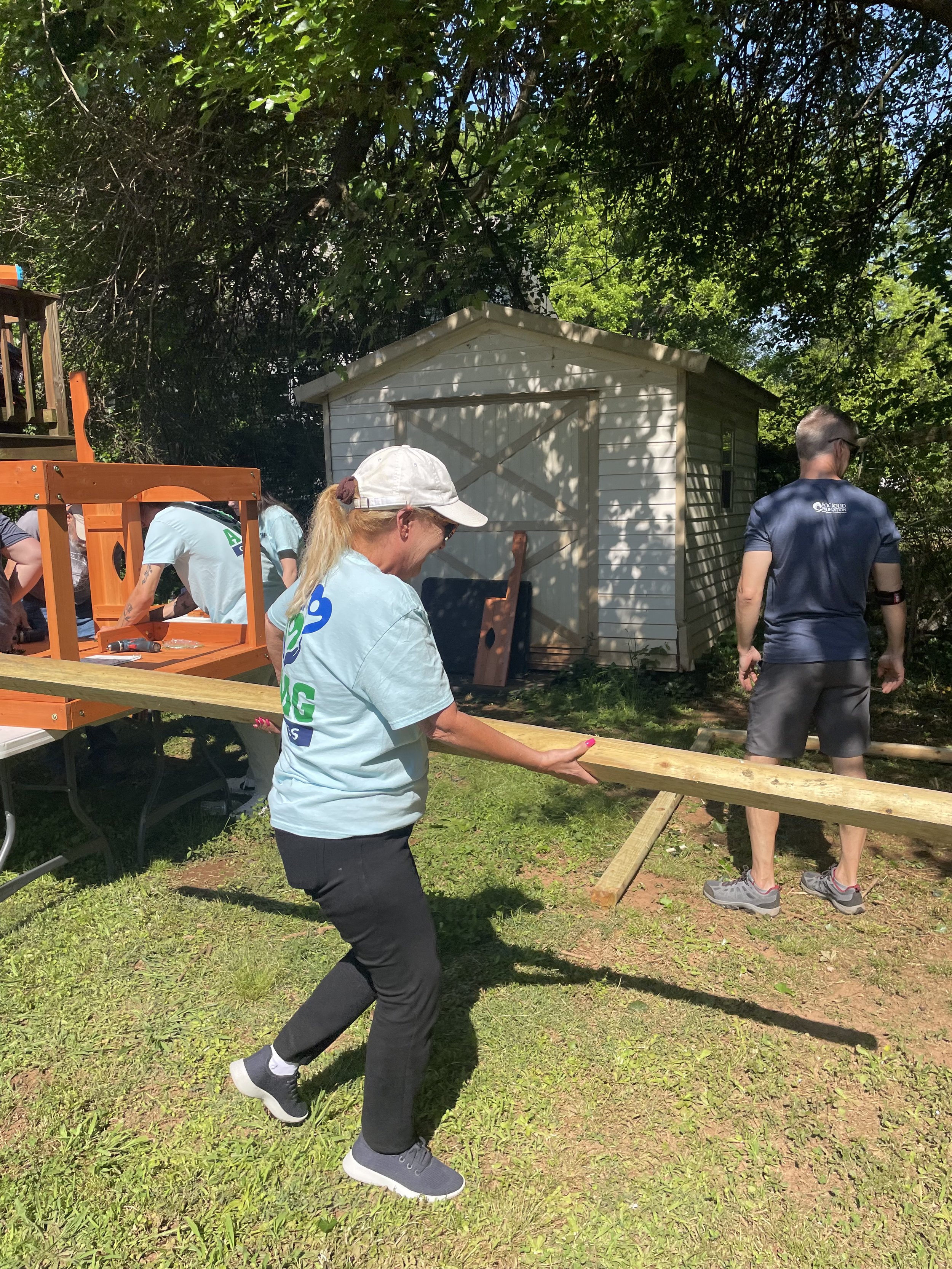AMG Has Volunteered to Construct a Custom Backyard Playset for a Four-year-old Pediatric Cancer Patient
/AMG has volunteered to construct a custom backyard playset for four-year-old Antonio Culp, a pediatric cancer patient in treatment for ependymoma, a tumor that starts in the brain or spine. Antonio loves tacos, the Buffalo Bills NFL team, Just Wanna Rock, basketball, and his five older siblings. He is the recipient of this free playset thanks to Roc Solid Foundation, a Virginia-based nonprofit that works with organizations and volunteers like AMG to Play It Forward and build hope for children and families fighting pediatric cancer.
It’s hard transitioning from child to pediatric cancer patient. The comforting everyday routine of school, play, and family activities are replaced with medical appointments, treatments, fatigue, and worry. Roc Solid Foundation is dedicated to returning a little bit of normal life to kids facing cancer by providing custom backyard playscapes. But they can’t do it without good neighbors willing to volunteer in the building process.
AMG specializes in supporting safe and happy neighborhoods. In the business of managing communities, helping one’s neighbor is an important responsibility. With a decades-old culture of giving back to the greater Charlotte community–both with money and volunteer hours–AMG is hosting a team-building day of as many as 25 employees at the Culp home to assemble Antonio’s free playset, which will include a tree/playhouse, swing, slide, climbing structure, and more.
For details on Roc Solid Foundation, visit rocsolidfoundation.org.
To learn about AMG, visit amgworld.com.
































